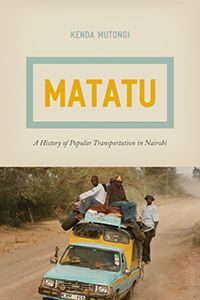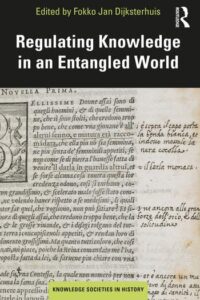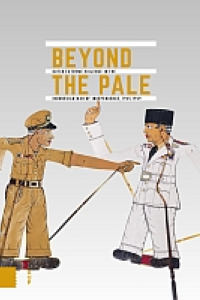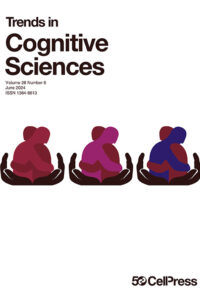About the Book
Drive the streets of Nairobi, and you are sure to see many matatus—colorful minibuses that transport huge numbers of people around the city. Once ramshackle affairs held together with duct tape and wire, matatus today are name-brand vehicles maxed out with aftermarket detailing. They can be stately black or extravagantly coloured, sporting names, slogans, or entire tableaus, with airbrushed portraits of everyone from Kanye West to Barack Obama. In this richly interdisciplinary book, Kenda Mutongi explores the history of the matatu from the 1960s to the present.
As Mutongi shows, matatus offer a window onto the socioeconomic and political conditions of late-twentieth-century Africa. In their diversity of idiosyncratic designs, they reflect multiple and divergent aspects of Kenyan life—including, for example, rapid urbanization, organized crime, entrepreneurship, social insecurity, the transition to democracy, and popular culture—at once embodying Kenya’s staggering social problems as well as the bright promises of its future. Offering a shining model of interdisciplinary analysis, Mutongi mixes historical, ethnographic, literary, linguistic, and economic approaches to tell the story of the matatu and explore the entrepreneurial aesthetics of the postcolonial world.
Awards and Prizes
“Matatu: A History of Popular Transportation in Nairobi” is the recipient of three prizes:
American Historical Association: AHA – Martin A. Klein Prize
The Klein Prize is awarded annually by the American Historical Association (AHA) to honor the best book in African history.
Business History Conference: Hagley Prize
The Hagley Prize is for the best book in business history (broadly defined) and consists of a medallion and $2,500, which are presented at the annual meeting of the Business History Conference.
Finalist for the Elliott P. Skinner Book Award, awarded by the Association for Africanist Anthropology (AfAA).
Reviews
Adam Hochschild, author of King Leopold’s Ghost: A Story of Greed, Terror, and Heroism in Colonial Africa
“Not only is this a fascinating, multidimensional piece of scholarship, it focuses our attention on an industry that is distinctively homegrown and locally-owned. These remarkable vehicles are the veins and arteries of Nairobi, just as their counterparts are in cities throughout the rest of Africa and much of the world’s South. Yet I have never seen them, their drivers, their passengers, and the culture around them written about in such a clear and thoughtful way.”
James A. Robinson, co-author of Why Nations Fail: The Origins of Power, Prosperity, and Poverty.
“This book does for Matatus what David Landes did for clocks—it uses them as a mirror to see the world in a different way. It will change the way you think about Africa.”
Billy Kahora, author of The True Story of David Munyakei
“Africa’s social histories too often exist through anecdote and the oral—Mutongi addresses this by providing a systematic narrative of one of Kenya’s most enduring post-independence symbols. Matatu is a must read for all those who are especially curious about the contemporary African city.”




